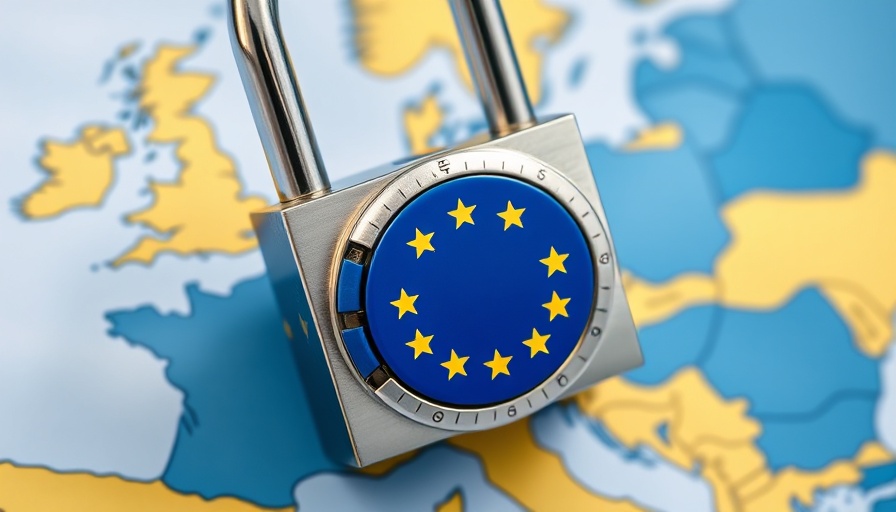
The European Commission Takes Aim at Google Under Digital Markets Act
The European Union is intensifying its scrutiny of Big Tech, with the European Commission preparing to charge Google for alleged breaches of the Digital Markets Act (DMA). Central to these charges is the accusation that Google is giving preferential treatment to its own services, such as Google Shopping, Flights, and Hotels, potentially sidelining competitors.
Understanding the Digital Markets Act
The Digital Markets Act is designed to create a more level playing field in the digital market, particularly targeting large tech companies identified as "gatekeepers." These gatekeepers, which include Google, Apple, and Meta, are expected to follow specific guidelines that ensure fair competition. The DMA requires these companies to maintain transparency and avoid self-preferencing practices that could stifle the success of rival services.
Charges Building Against Google
According to reports, Google's adjustments to its search algorithms haven’t satisfied the EU's requirements, prompting the Commission to escalate its investigation. Regulators are concerned that Google's algorithms might lead to self-preferencing, which would illegally prioritize its own services over those of competitors.
What Google Has Done So Far
In response to these concerns, Google has initiated changes to its search results aimed at improving the visibility of competitor comparison sites. Improvements announced by Google include:
- **Greater Visibility for Comparison Sites:** Google has purportedly made over 20 changes to enhance how these sites appear in searches.
- **Balanced Search Options:** New search formats are being tested, allowing users to choose between visiting comparison sites or going directly to providers.
- **New Ad Formats for Competitors:** Google is providing new advertising formats for comparison sites to display prices and information more prominently.
Despite these adjustments, critics argue these measures may not suffice, as they still could harm competition in search engine results.
The Broader Implications of EU Regulatory Actions
This scrutiny of Google is part of a larger wave of regulation targeting major tech players in the EU, also impacting companies like Apple and Meta. These investigations underscore the EU's commitment to fostering a fair digital economy.
Recent statements from the Commission suggest that further actions may be legal, with fines for non-compliance potentially reaching up to 10% of a company’s global annual revenue. This potential financial impact emphasizes the seriousness of the DMA regulations.
The Future of Digital Regulation
As discussions around the DMA evolve, the stakes for Google and other tech companies remain high. A blend of political influence and public concern over digital monopolies is likely to shape the future landscape of digital competition. With U.S. officials critiquing the EU’s aggressive regulatory stance, this transatlantic tension poses additional challenges for these companies navigating compliance.
As the situation develops, businesses in the digital marketing space must stay alert to regulatory changes that can affect operational strategies and competitive landscapes. Enhanced understanding of these regulations could empower them to adapt and thrive in an increasingly regulated environment.
In the coming months, as the EU reviews Google’s compliance with the DMA, the implications for the SEO community and broader digital economy will be significant. Stakeholders will need to keep a close eye on these developments to prepare for potential shifts in the digital marketplace dictated by regulatory compliance.
 Add Row
Add Row  Add
Add 






Write A Comment